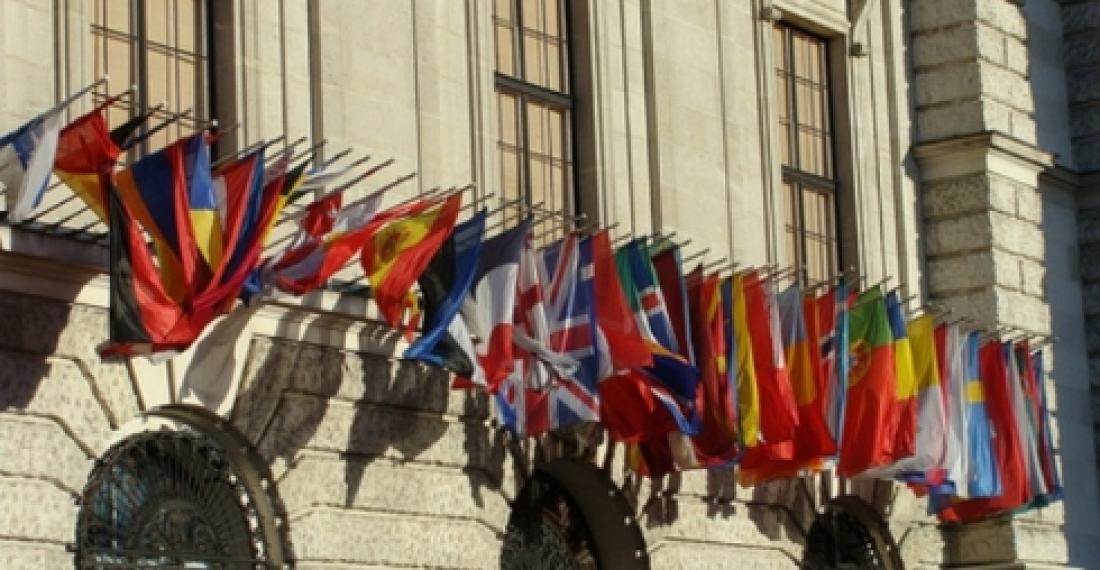The Permanent Council of the Organisation for Security and Co-operation in Europe (OSCE) met in Vienna on Monday to discuss the decision of the Government of Azerbaijan to close down the office of the organisation in Baku. The Permanent Council consists of representatives of the fifty-seven member states. The extraordinary meeting was called by the Serbian Chairmanship of the OSCE.
Addressing the Permanent Council, the representative of the European Union, speaking on behalf of the twenty-eight EU member states, as well as, Albania, Bosnia-Herzogovina, Iceland, Montenegro and Norway said that the announcement of the Government of Azerbaijan "came as a complete surprise, as there were no reasons given in the Note Verbale from the Ministry of Foreign Affairs of Azerbaijan, nor has there been any advance notice of the intention of the Government of Azerbaijan to that effect. Azerbaijan did not consult with participating States prior to that decision".
The EU statement added that a convincing explanation from the Government of Azerbaijan was needed.
The EU statement said,
"Azerbaijan has made important progress in areas such as relating to economic stability and development. Many challenges, however, remain for the full implementation of its OSCE commitments and the mandate of the Project Cocordinator is designed precisely to support Azerbaijan in achieving the necessary reforms and modernization, including in the development of democratic institutions, the rule of law, and protection of human rights and fundamental freedoms. Therefore, in our view, the mandate is not completed. The decision is irreconcilable with the principles of cooperation and confidence building, principles which are at the heart of the OSCE. Closing the Office of the Project Co-ordinator in Baku is a serious step backwards in the cooperation of Azerbaijan with the OSCE. An OSCE field presence is one of the most effective ways to support participating States with implementing their OSCE commitments. The EU strongly believes that discussion of any OSCE field presence and its mandate should take place within the normal cycle of decision-making and within the established bodies and working methods of the Organisation. The EU therefore deplores the decision of the Government of Azerbaijan to terminate the Memorandum of Understanding and requests Azerbaijan to reconsider it with the goal of enabling the Project Co-ordinator to continue their activities without interruption."
You can read the statement of the European Union in full here.
The decision of the government of Azerbaijan was also criticised by the representatives of the United States and Canada. You can read the statement of the representative of the United States in full here.
The matter remains under the consideration of the OSCE Permanent Council.
source: commonspace.eu







